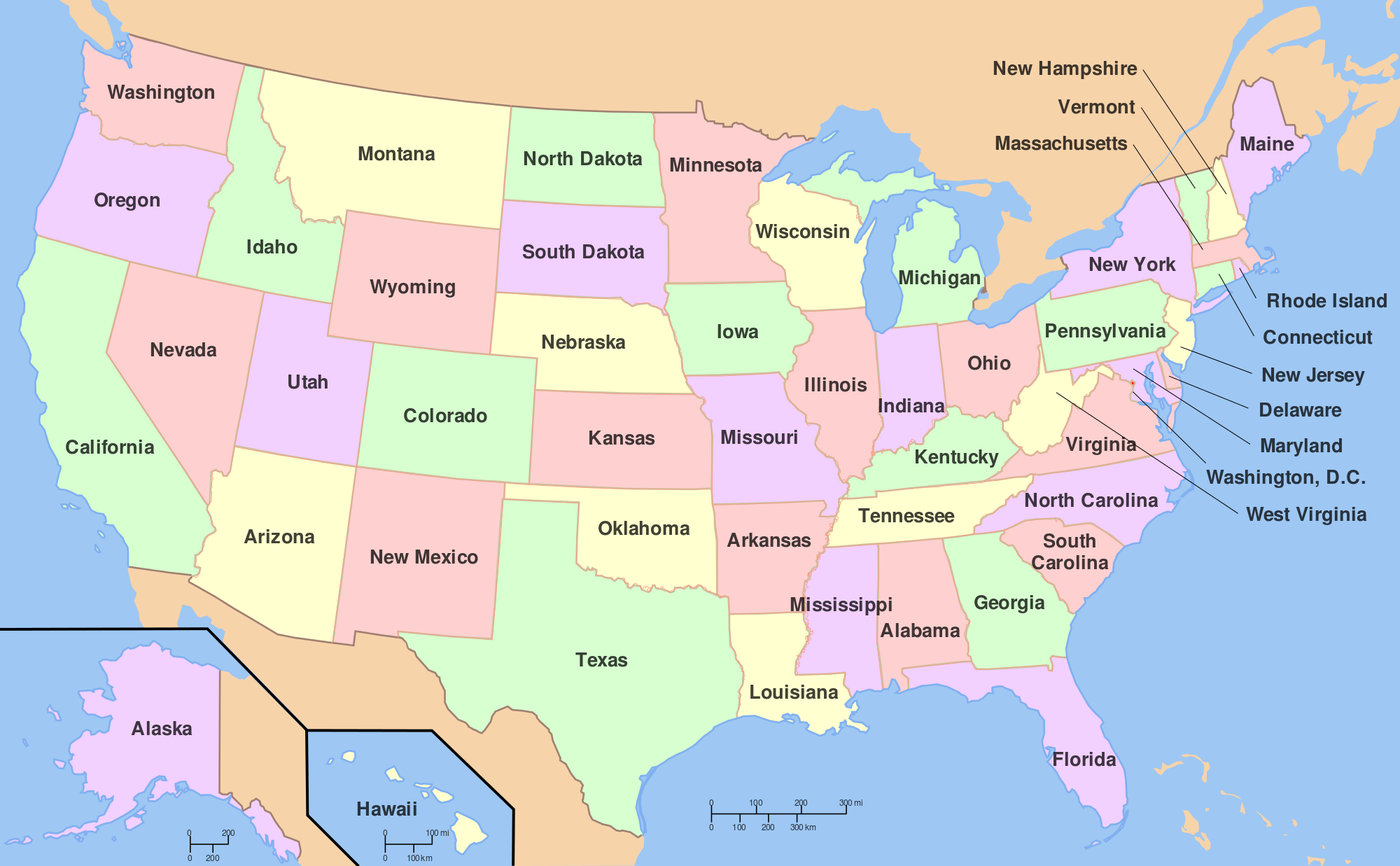Eksplorasi.id – The potential to benefit from new gas discoveries has created a rare opportunity for eastern Mediterranean countries including Israel and Turkey to forge closer ties, according to U.S. Secretary of State John Kerry’s envoy on energy affairs.
Countries in the region must work together if they hope to unlock multibillion dollar gas discoveries in Israel and Cyprus, US diplomat Amos Hochstein said in a telephone interview.
As Israel looks to develop its offshore Leviathan gas field, it’s considering a pipeline to Turkey — a strong energy consumer as well as a portal to European markets — while mulling an undersea pipeline to Egyptian liquefaction terminals.
“My analysis is that there’s enough gas in Leviathan to do both,” said Hochstein, whose shuttle diplomacy helped broker the June reconciliation deal with Israel that the Turkish parliament ratified Saturday. “I think we’re just beginning to open the spigots of what is the potential for the broader region.”
Large discoveries in recent years off the shores of Cyprus, Egypt and Israel have positioned the eastern Mediterranean as a source of potential energy exports. Even as the region struggles with regulatory uncertainty and an abundance of geopolitical risks, the U.S. is seeking to turn it into another corridor for gas supplies to Europe, which is trying to diversify its sources away from Russia.
Promoting Diversity
Israel would benefit from having multiple export destinations — including to Turkey, Egypt and Jordan — as well as diversity in the form of supply, “meaning you can have pipe gas via Turkey to Europe and you can have LNG gas via Egypt to Europe,” Hochstein said. For Turkey, which already gets gas from Russia and Azerbaijan, deals with Israel and Cyprus would create diversity of supply.
“Adding eastern Mediterranean gas to the picture really rounds out Turkey as one of the most important energy countries in a broader sense,” Hochstein said.
One stumbling block is the fact that a pipeline from Israel to Turkey would need to traverse Cyprus, where Turkish forces have occupied the northern part of the island since 1974.
“Conditions are very ripe for an agreement on Cyprus, but there have been moments like this in the past,” said Brenda Shaffer, a senior fellow at the Washington-based Atlantic Council research institute’s Global Energy Center who specializes in oil and gas policies.
Still, she added, “I think Ankara is very serious about a settlement. It fits in with their wider diplomatic shift in the region.” With Cyprus now attracting large explorers to its own economic waters, the energy incentives may finally lead to a diplomatic resolution of that conflict, Hochstein said.
“If we can reach an agreement on the future status of the island, we unlock not only Israel-Turkey, we unlock Cyprus’s future production and destinations,” he said. “What gives us a reason for optimism is we have smart and committed leaders on all sides of the Cyprus conflict. The energy incentive is very clear for everyone.”
Source : Bloomberg
Caption : USA map | Wikipedia






